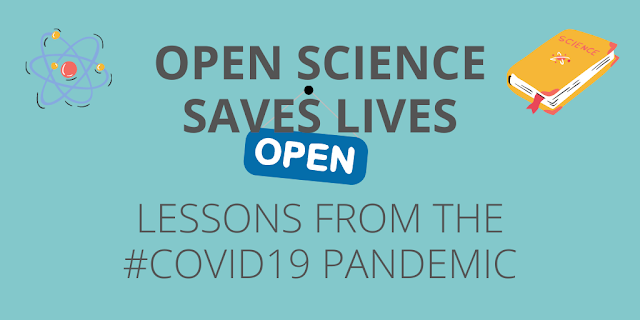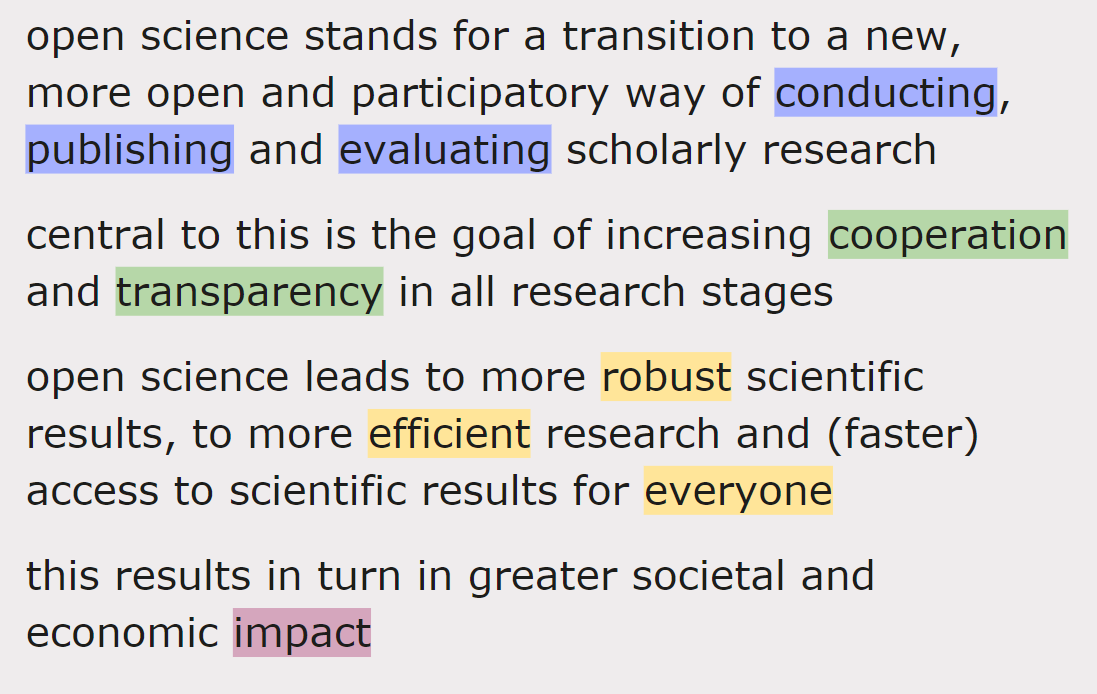Open Science Saves Lives
Hi there, it's been a while since I have written in this space, and a while since I have done some serious work around Open Science. I needed some time to heal some pretty deep wounds. I must say the pain hasn't left me yet, but time has made it a bit more bearable. 2020 is being a disaster, someone might say. And I would be very much inclined to agree with them.
On the bright (?) side, I have found the courage back to work on something nice, so, here I am, on "my journey advocating for Open Science". I have had the pleasure to write an article with Lonni Besançon and a bunch of other talented people. The article, now available as a preprint, analyzes some things that went wrong in the last few months with respect to scientific publishing and dissemination.
The #COVID19 pandemic has led to a number of questionable research practices which a full adherence to #openscience could have avoided. Researchers, co-sign if you agree.
— Lonni Besançon (@lonnibesancon) August 17, 2020
Article: https://t.co/iKwGT7IAmD
Sign: https://t.co/siKLJdQhqk
Please RT! #openaccess #OpenSource
1/6
We know that the health emergency triggered by the COVID-19 pandemic has pushed forward the adoption of open research practices, from the rise of preprints to data sharing and open source design of medical equipments. Unfortunately, along with these noble intentions, a series of questionable research practices have emerged (let me be clear already now: these practices have always been there, the COVID-19 pandemic is just a crucial moment to highlight them and make sure we do something about them). So, we looked into COVID-19 research, and analyzed a few things:
fast peer-review: we looked at the 700 articles that were reviewed in a day or less to find potential editorial conflict of interest (COI); here the results:
preprints dissemination: we recognize the importance of disseminating research finding as soon as possible (especially during a health emergency!), yet we found that COVID-19 preprints had been shared by news almost 10 times more than other preprints. This can be very problematic when non-peer-reviewed findings make it into official channel news; results here:
We identified also other issues, at the different stages of the research cycle; there is much more in the published preprint, and I invite you to read it all :-) As a bonus, here is the post from Retraction Watch listing retracted coronavirus (COVID-19) papers: things don't look too bright eh?
Of course, we couldn't just talk about problems and leave all the solutions out, right?
Now, I personally don't think that a solution to this all is an easy one, and these matters are usually not at all black & white. However, I am convinced that open and transparent research practices can help, one more time, in making sure we conduct research that is not only more robust, but also responsible, and therefore more trustable.
Here is an image that summarizes the solutions we propose:
Lastly, we have opened the preprint to a co-sign process, which means you can show your support towards Open Science by signing our article via this form.
Looking forward to seeing where this project leads us!
Till then,
~pcmasuzzo





Comments
Post a Comment